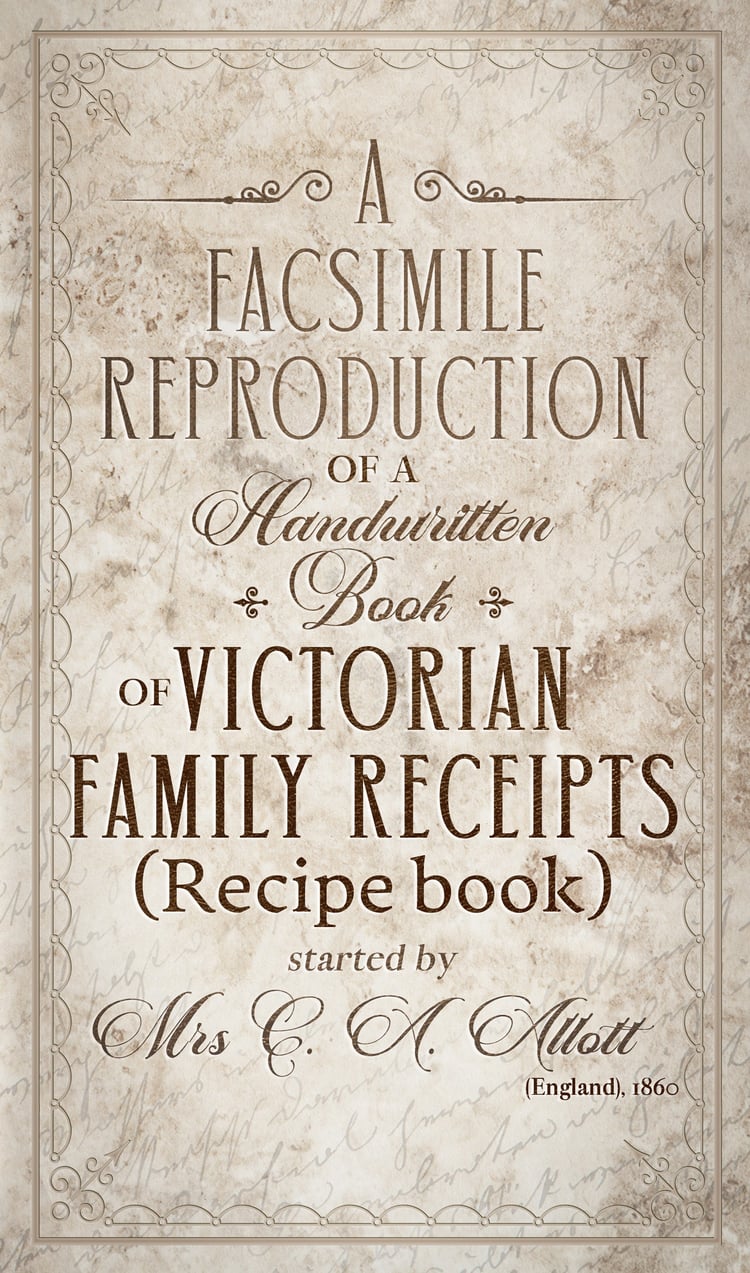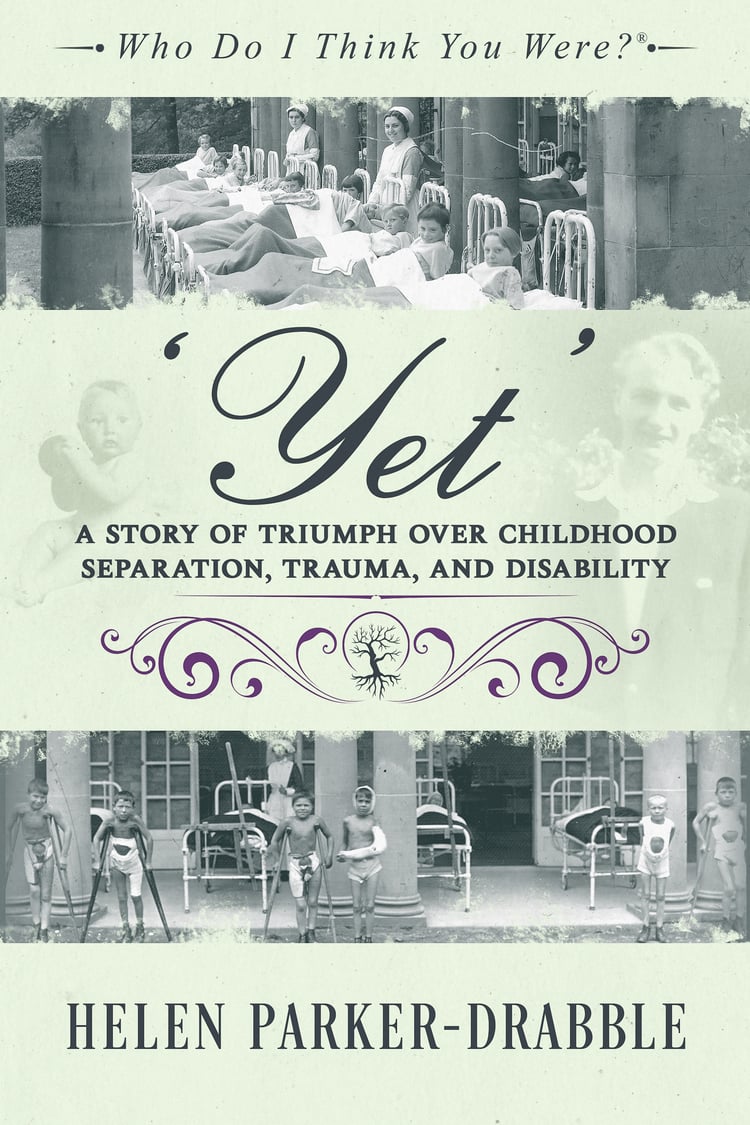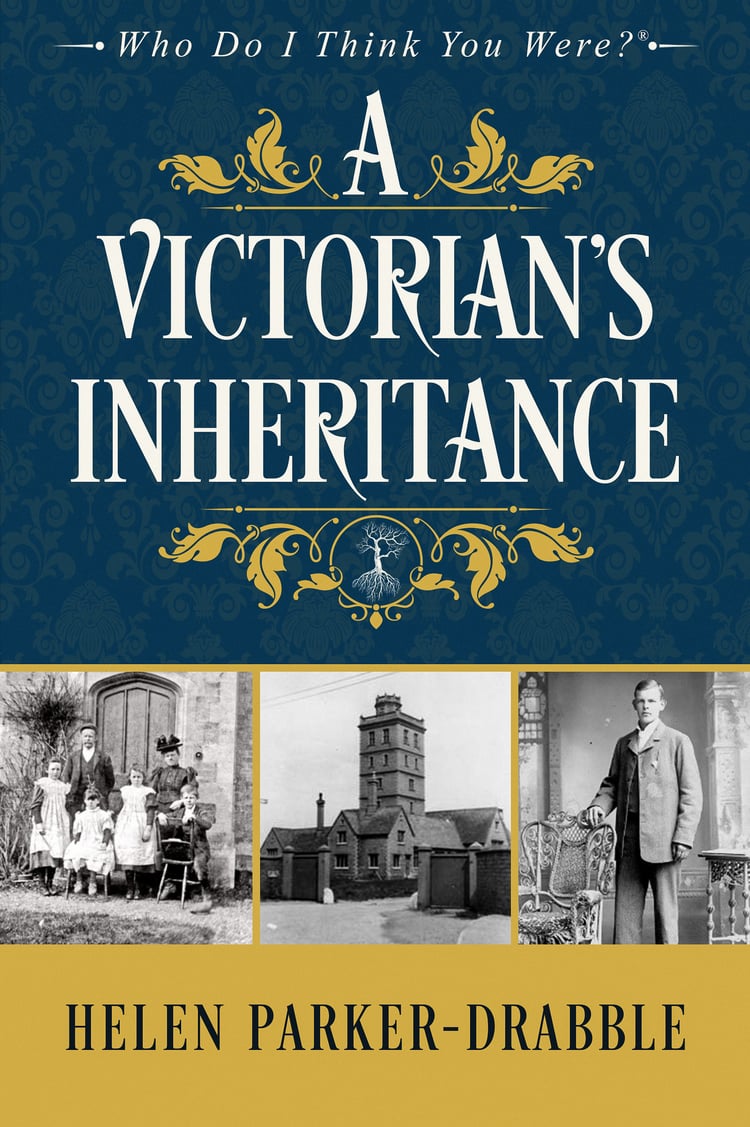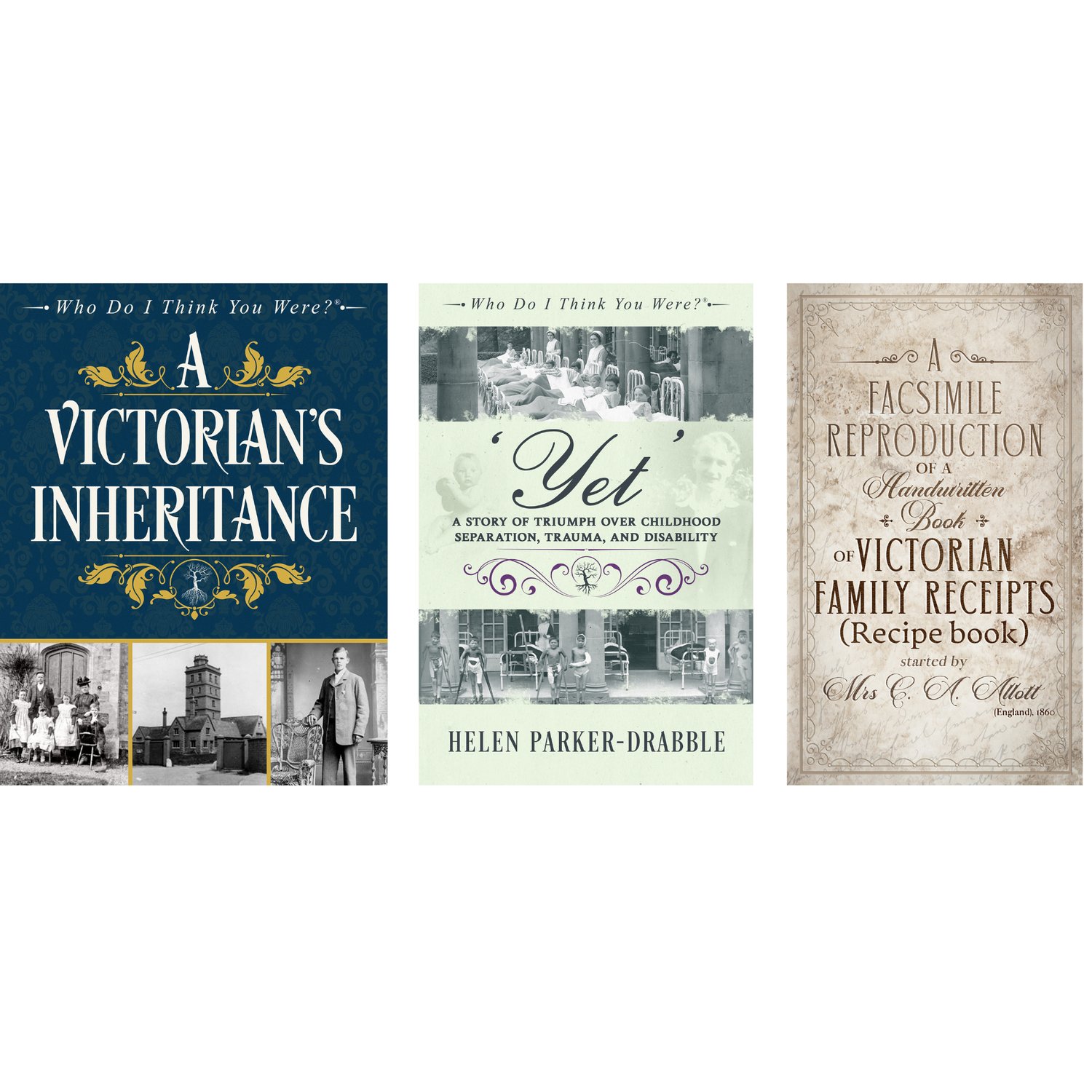
BEST VALUE: 3 Books Bundle - Save £18
📧 NEWSLETTER SUBSCRIBERS: Use code NEWS10 for 10% off
Limited time offer - Save over 50%
Choice of digital versions (ePub or PDF) of:
1. 'Yet': A Story of Triumph over Childhood Separation, Trauma and Disability (black and white)
161 illustrations and 299 endnotes and a professional index.
With 18 book club questions for discussion.
Read a sample here
2. A Victorian's Inheritance (the author uses her grandfather's life to show how modern mental health struggles can be linked to the lives of working-class Victorians, which might encourage you to uncover the hidden psychological legacies of your own ancestors.) Colour.
With 14 book club questions for discussion.
Read a sample here.
193 illustrations, 568 endnotes, professional index.
3. A facsimile reproduction of the Victorian Recipe Book: A Handwritten Book of Family Receipts started by Mrs C. A. Allott of Sheffield (England), 1860. (Black and white)
115 pages of household recipes, includes Mary's original index.
Recipe sample here
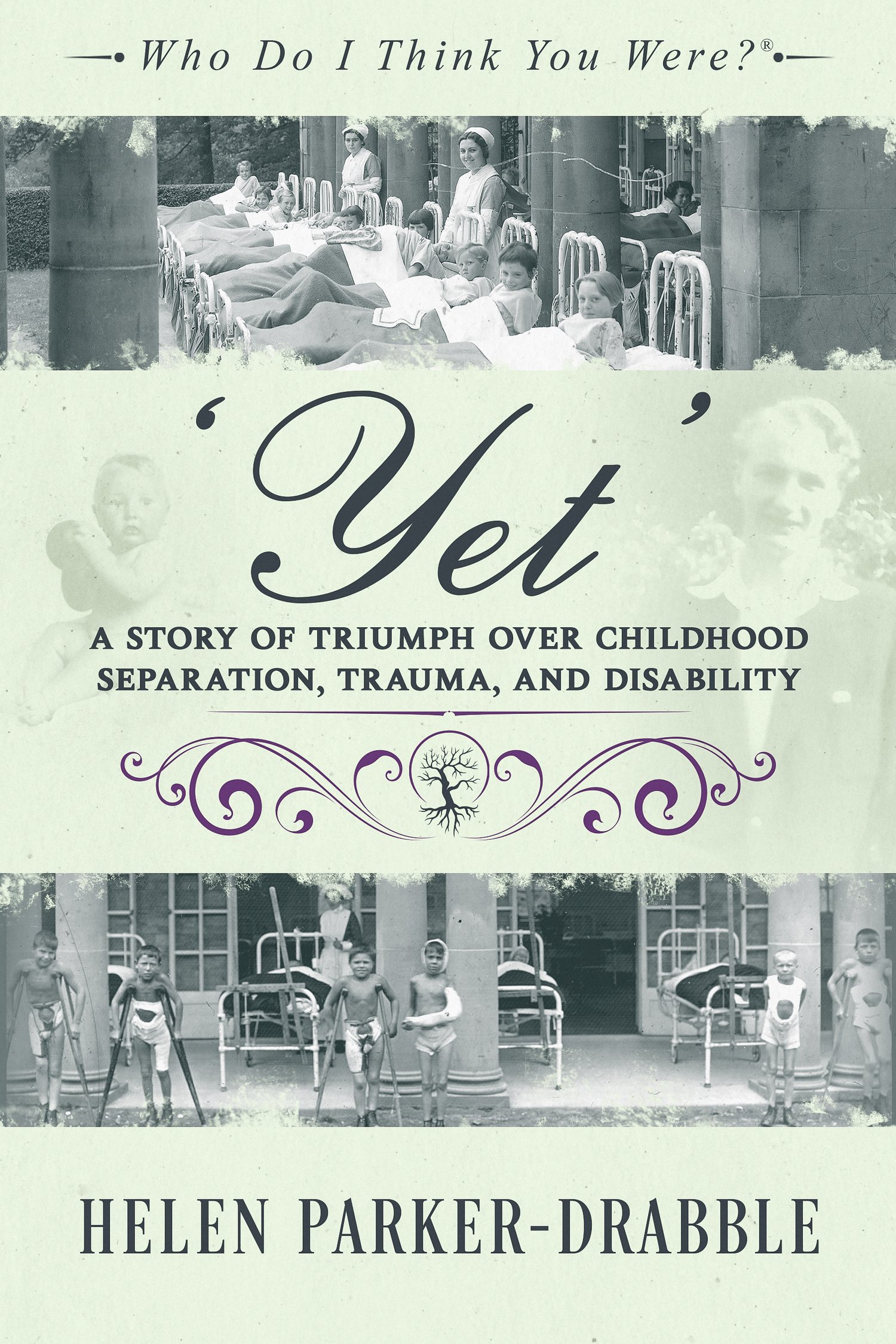
“No one believed me. ‘Children couldn’t have been treated like that.’ But we were.”
—Harry Drabble
In 1937, two-year-old Harry Drabble was diagnosed with bovine tuberculosis after drinking unpasteurised milk. Torn from his mother’s arms, he spent much of his childhood confined to Sheffield’s King Edward VII Memorial Hospital for Crippled Children, enduring emotional neglect and years of isolation while immobilised in bed.
Told through Harry’s unflinching words and his daughter Helen Parker-Drabble’s meticulous research, this poignant memoir reveals the shocking inadequacies of early 20th-century healthcare while celebrating one boy’s extraordinary resilience.
Harry’s life was defined by a simple yet transformative mantra: ‘I can’t… yet.’ Told he would never work, find love, or support a family, Harry refused to give in to those predictions. He taught himself to read and mastered the violin while living with physical challenges, earned professional qualifications despite limited schooling, and went on to create the loving family he was told was out of reach.
This father-daughter collaboration offers a rare glimpse into a forgotten chapter of British medical history, ensuring the forgotten children institutionalised during the early to mid-20th century are seen, heard and remembered. Yet is both a tribute to Harry’s indomitable spirit and a timeless reminder of the power of hope, perseverance, and the word ‘yet.’
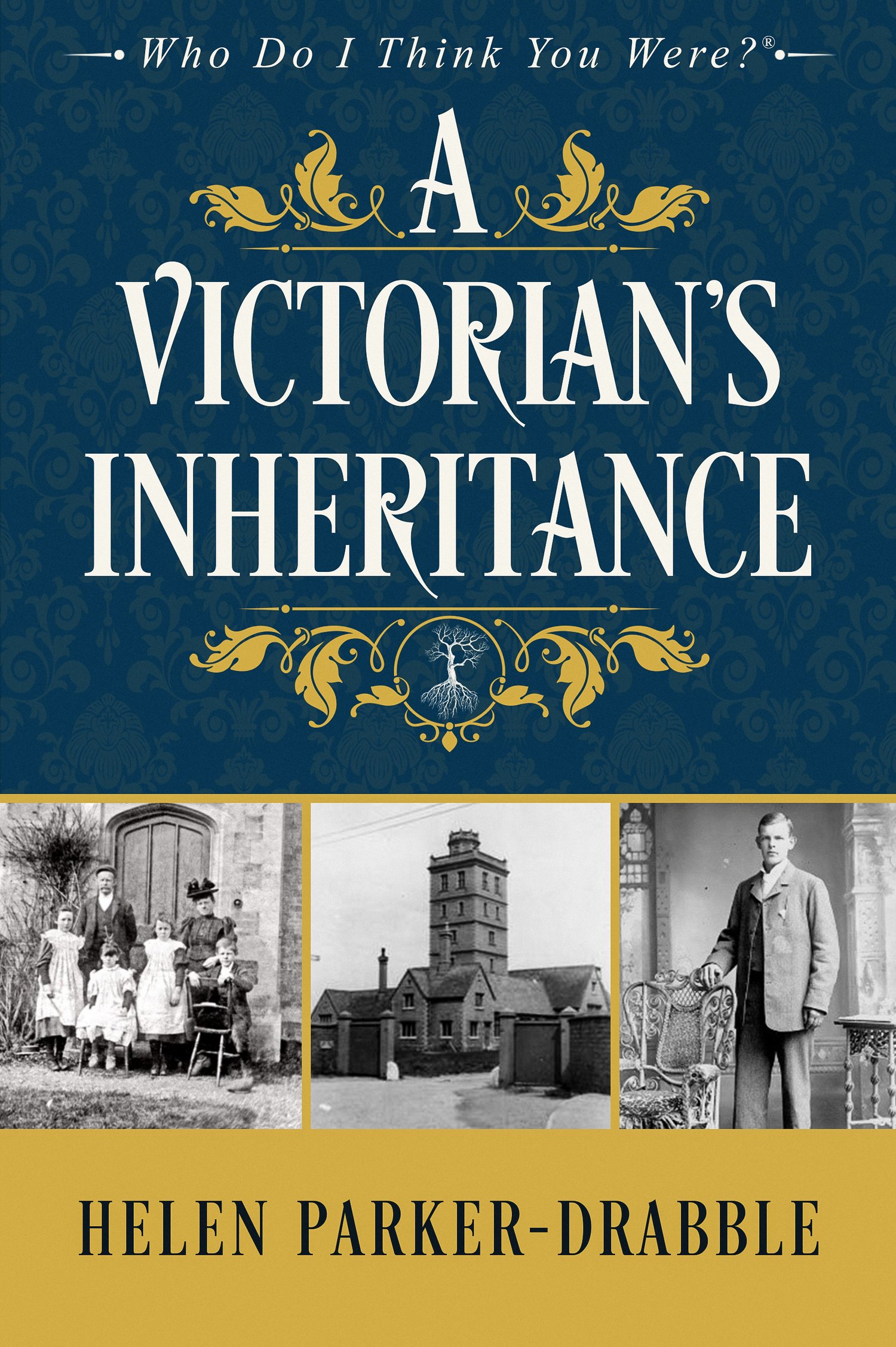
A window into Victorian lives—and what it means for ours
What psychological inheritance have you received from your ancestors?
We inherit more than heirlooms. The struggles, triumphs, and even traumas of our forebears can be handed down through generations, shaping who we are.
In A Victorian’s Inheritance, family historian and former counsellor Helen Parker-Drabble brings to life the working-class world of her Victorian grandfather, uncovering how his mother’s hardships, bereavements and alcoholism in 19th-century England left their indelible mark on him. Through a unique blend of family history, social analysis, and a groundbreaking approach, she reveals how addiction, grief, and mental health challenges can influence future generations.
This deeply personal yet relatable book invites you to reflect on your own family’s untold stories. Whether you’re an avid genealogist, a lover of Victorian history, or simply curious about how your ancestors’ lives have shaped your own, A Victorian’s Inheritance will inspire you to discover the hidden legacies of your family—and better understand yourself and your relations.
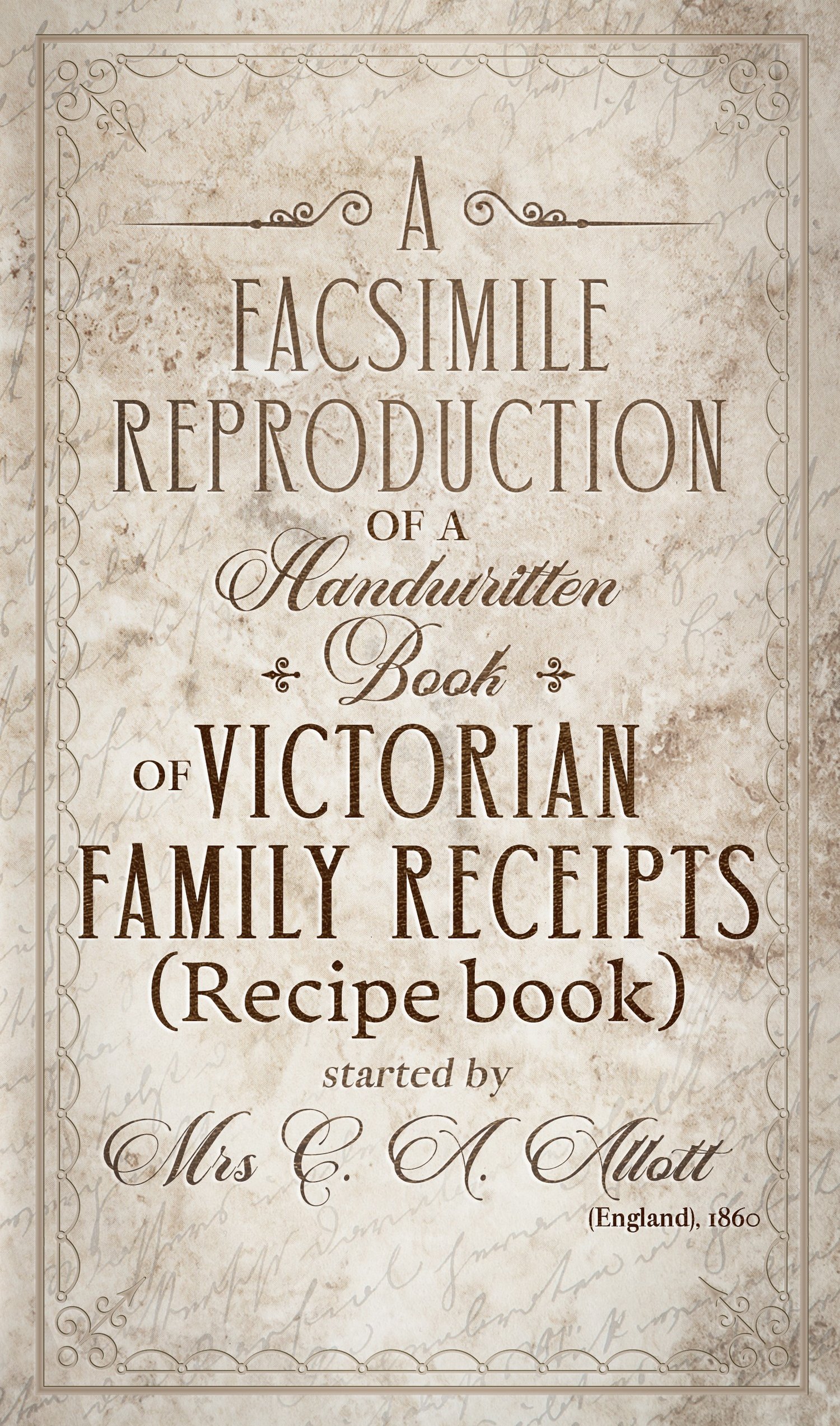
What did the Victorians eat? Taste the past with these handwritten family recipes
This faithful reproduction of an original manuscript provides a fascinating glimpse into mid-19th century culinary traditions.
In 1860, Mary Allott (née Hopkinson) began compiling her personal recipe book, a cherished collection that embodied the heart of middle-class domestic life. For Victorian women, exchanging recipes wasn’t just about cooking; it was a way to connect, share, and refine their domestic expertise. Successful recipes were gifts, strengthening the bonds between friends, families, and communities.
This facsimile edition preserves Mary’s 115 pages of recipes, or “receipts” as she called them, offering a rare treasure for family historians, food enthusiasts, and those curious about the lives of Victorian middle-class women.
Through them, you can relive the richness of one Victorian woman's household by savouring the morsels of her past.


